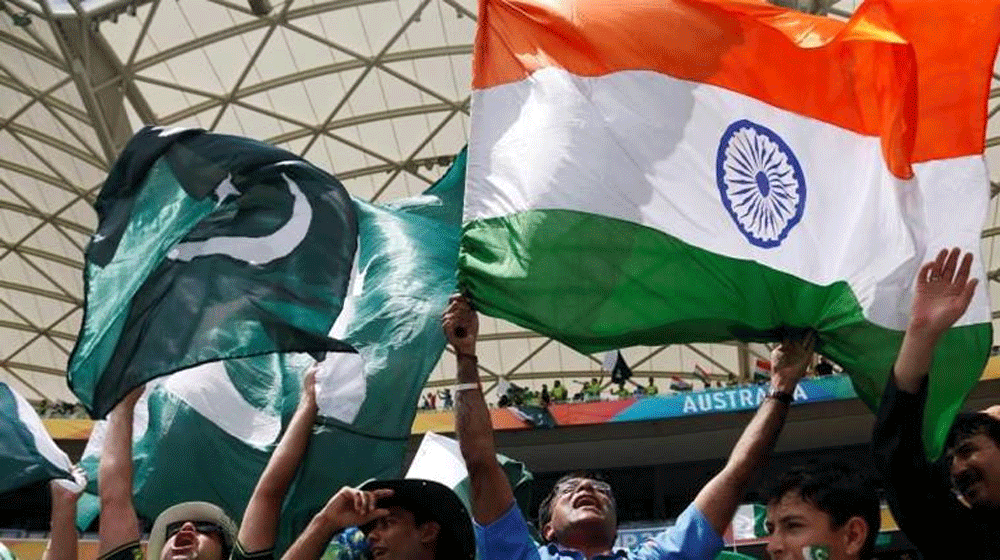
The hearing of the USD 70 million-dispute between Pakistan Cricket Board (PCB) and the Board for Control of Cricket in India (BCCI) has concluded at the International Cricket Council’s (ICC) Dubai headquarter. Here is what we know so far.
It all started when Pakistan Cricket Board dragged arch-rival India to the ICC’s Dispute Resolution Committee to settle a case that, according to PCB, includes losses of USD 70 million incurred by refusing to play bilateral series that were agreed between the two nations.
The board believes that India has failed to honor the contract between the two boards that allowed Pakistan to host the Indian side twice in 2014 and 2015 for a full series. Refusal to hold those series has costed PCB $70 million in losses.
The BCCI says it had never signed such a contract as PCB claims, all that was there, was a ‘letter of intent’ from the then Indian board Secretary Sanjay Patel, thus India owes no penny to Pakistan.
There were several attempts by the international governing body for an ‘out of court settlement’ but none of the sides were in the mood to budge. As a last resort, the international cricket governing body formed a three-member panel to hear the case. with Michael Beloff is heading the panel which also includes Jan Paulsson and Dr Annabelle Bennett.
The committee began to hear the case on October 1st. Najam Sethi, the then head of the PCB’s governing body and Subhan Ahmed, the Chief Operating Officer (COO) put forward Pakistan’s case before the panel. Since the duo was directly involved in the deal; the defendant’s lawyers cross-examined both officials before the hearing was adjourned until Tuesday.
It was India’s turn to submit its reply to Pakistan’s claims. The board presented Salman Khursheed, external affairs minister during the UPA-II government which finished its term in 2014 as its prime defence witness.
Salman explained why, after the 2008 Mumbai attacks, the Indian board was reluctant to play cricket with Pakistan without the government’s permission, Indian media reports say.
Khurshid stuck to the same old line that it was ‘cross-border terrorism’ that keeps India from playing in Pakistan. However, Mr Khurshid conveniently forgot to address reports of Indian involvement in Balochistan, and nor did he mention Kulbhushan’s (a high profile RAW operative caught in Balochistan) name, which according to Pakistan also constituted terrorist acts by India.
Attempts to politicize the proceedings did not work out well for India, a development that was reflected by the thrashing meted out by the PCB lawyers’ team. Furthermore, the panel did not buy this argument as well.
The hearing has been suspended until Wednesday.
The third and the final day of the hearing remained as intense as the other two days. According to ESPNCricinfo, the atmosphere in the courtroom remained as intense as any limited-over clash between the two arch-rivals. Both parties concluded their arguments and cross-examination of the witnesses presented by each other. The decision now rests with the arbitration panel.
There are only two possible scenarios. PCB either wins its claim or it doesn’t. There’s no third option, as the panel cannot order a rescheduling of the previous series that didn’t happen.
Both parties are hopeful they presented their case in the best possible manner and that the panel will rule in their favor.
Both parties have been asked to submit a closing argument with the panel within a week. Any new argument, based on the pieces of evidence presented during the three-day hearing, could be introduced in the written closing argument.
The jury will then analyse and write its verdict. There is no information available from the ICC officials as to when the panel may return a verdict. Legal experts believe that in the cases of this stature, it may take anywhere between four and six weeks.